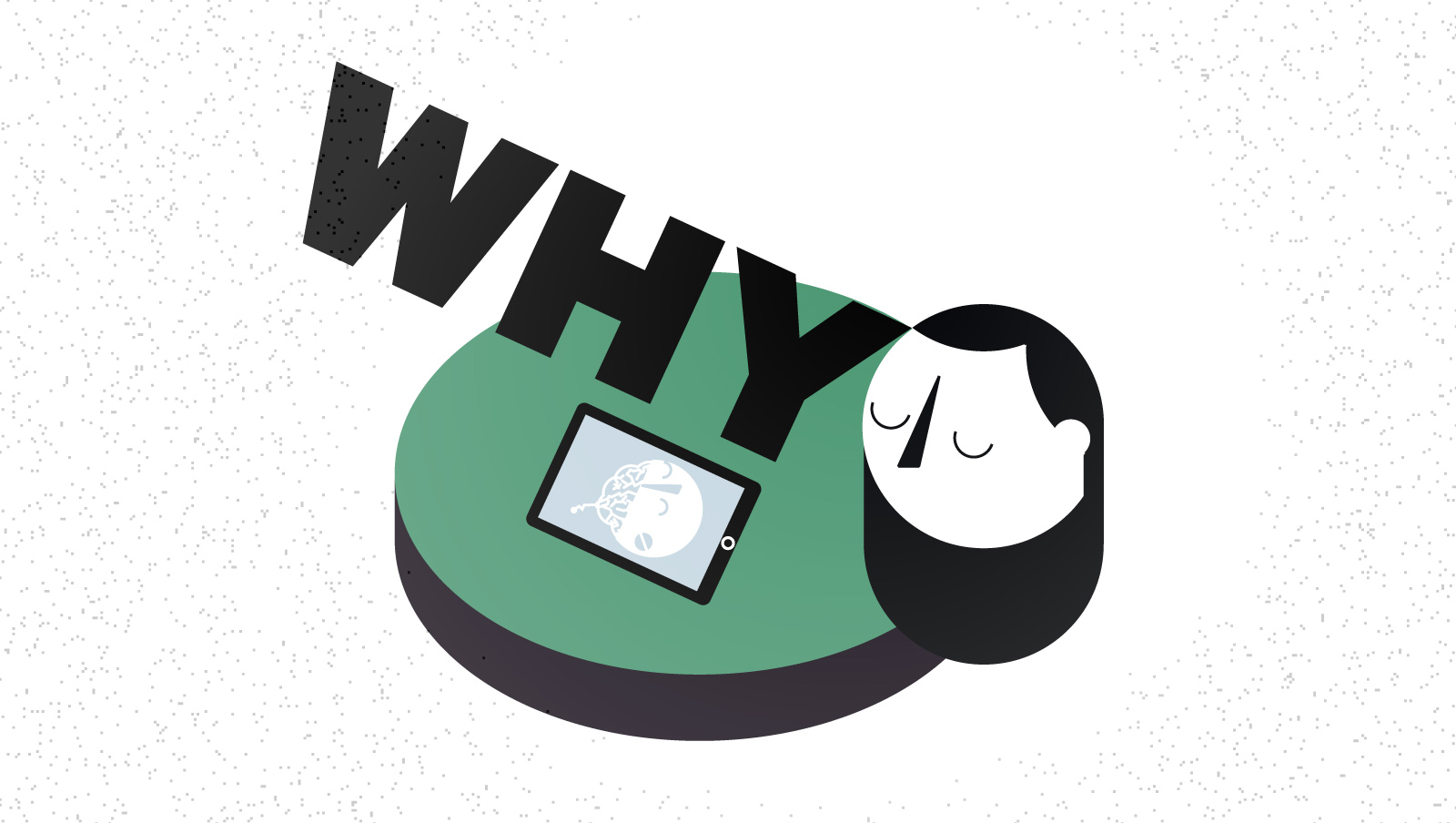The only technology question is: why?
Play audio recording
Published: 16 May 2019
We have come a long way in the last few hundred years. By all accountants we’ve done some astronomically impressive technological progress in the last 80. Of course I’m talking about Alan Turing, Grace Hopper, Tim Berners-lee, and the many many others (too many to list here) that have heralded the digital age.
Even if Moore’s law doesn’t continue to hold true, we seem to be on a trajectory, or at least if we are subscribing to techno-optimism, that is only increasing our technologies power to solve every problem given enough resources: time, compute, data etc…
We are left not thinking whether we can do something, but whether we should. If you are only to ask one question of technology, that question is: why?
TL;DR - The humanities have been reflecting on our societies for millennia, it is time for the technology industry to take them seriously.
Have we grown up?
The disciplines that feed technological progress like physics, maths, engineering etc (and arguably the Arts) have been very busy over these past few hundred years. Technologies have changed the way we live, have inspired novels, plays, film and in turn inspired science and progress. I this way our science fiction writers have probably a much largely role to play in our current technological society then we think.
However, though the Arts have been reflecting on new technologies and their impact the whole time, non-entertainment based thinkers have historically been less in the limelight discussing the philosophy of our current situation.
We have grown into a build now, think later, fail fast, disrupter, break stuff and see what works, winner takes all, international capitalist (mostly) society which doesn’t seem to have time or incentive to stop and think about where we’re going. /What are the consequences of my killer app, social platform, ad network, or AI servant? If, given enough resources, everything is possible, what should we bring into the world to benefit all others? What things could be detrimental?
Have we built a society of kids in a playground, breaking the old toys in order to create new ones, when the old toys were perfectly fine or just needed a new lick of paint. Should we grow up a little and ask ourselves where this is all heading?
Should we spend time on why?
Having an answer to why is not just hugely motivating to you and your team, but can also help you start a dialogue with the wider world. Spending more time on why may enable you to be more empathetic, make meaningful things, decision, and create space for less work. Spending more time on why may give you permission to scrap ideas, to walk out of your job, to mitigate more environmental disaster.
Why are we making this product? Why does this service work like this? Why?!

Answering whys
This might sound quite existential, but it doesn't have to be. Some why's can be answered instantly and are either known or intuitive–this product creates safe drinking water cheaply helping disaster affected areas and other communities. Other whys may need more work and require leadership, soul searching as well as futurising–we posit that our future selves will have ageing concerns not foreseeable now, we are creating services that hold up or create infrastructure to help and evaluate periodically. These examples are contrived, but having an answer to a why, even if its not a binary good for humanity, can at least help you and your team discover what your working towards, what the drive is and when you might put on the brakes...
Who, what, why?
Technologies touch most parts of our lives. Having worked in the digital / web industry for over 11 years now I’ve seen my fair share of bad ideas get investor funding, as well as big companies making suspect anti-privacy money grabbing discussions. It might be time to slow down (just a tad) and leverage our human emotions, our empathy and the wealth of knowledge found in the humanities, in particular philosophy and fiction, to help us make better decisions for our collective futures.
We should be answering this question of why.
This article was in part inspired by two recent interviews I conducted with Pete Trainor and Cennydd Bowles, both whom have strong opinions on the current industry outlook and how we should be designing better products / services utilising the humanities. Illustration by Nicholas Willsher.
Working on an AI product and are pondering this question of why? Get in touch with ethicalby.design